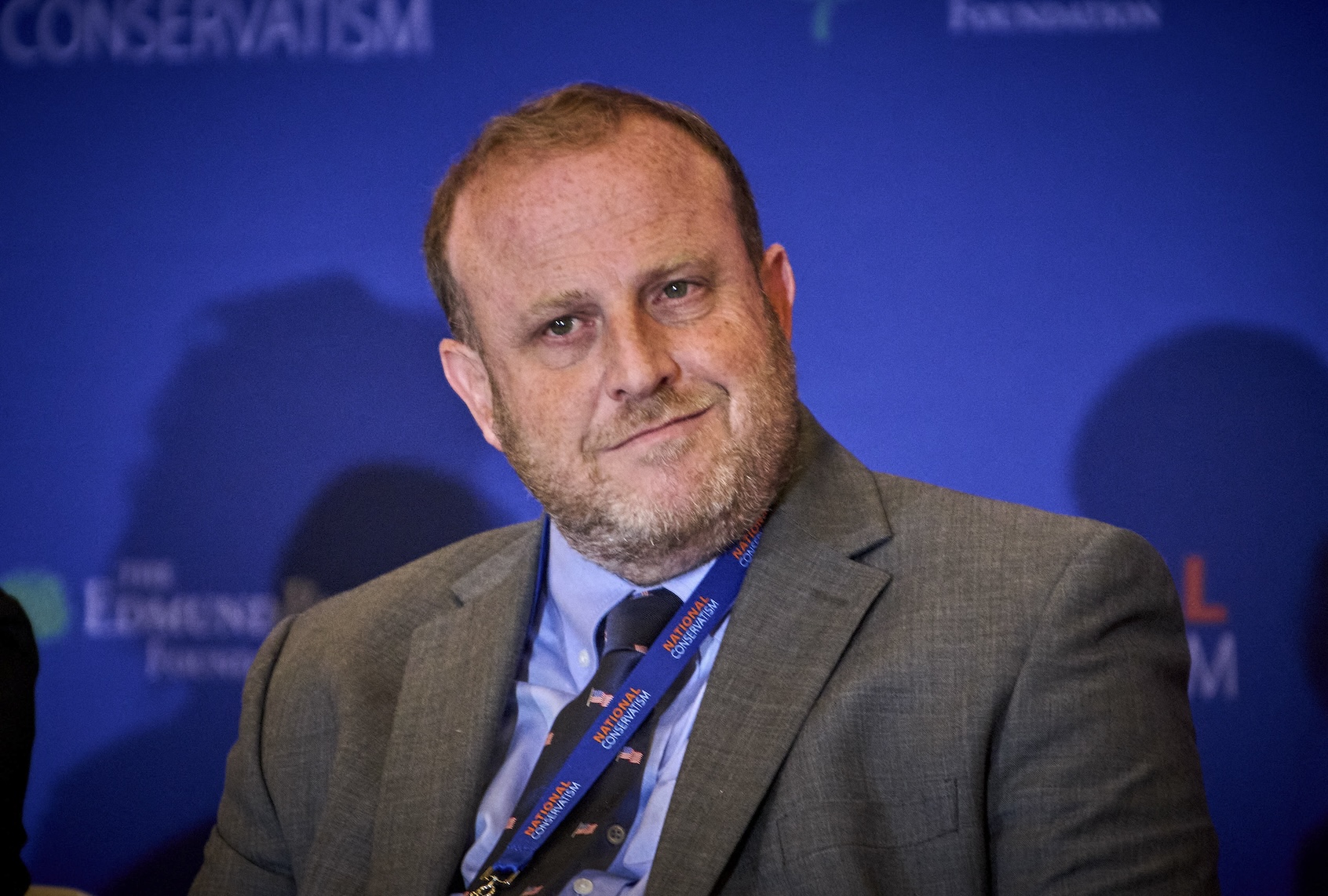
The prospect of genetically engineered babies is gaining momentum, driven by a Silicon Valley startup named Preventive. Founded by gene-editing scientist Lucas Harrington earlier this year, the company aims to eliminate hereditary diseases by editing human embryos before birth. With an initial funding of $30 million from early investors, including tech leaders Sam Altman of OpenAI and Brian Armstrong of Coinbase, Preventive is preparing to navigate the challenging landscape of genetic modification.
Harrington emphasizes that the company’s mission is to ensure the safety and transparency of this emerging technology before any attempts to create genetically modified babies are made. He stated on social media platform X, “We believe that if proven safe, this could be one of the most important health technologies of our lifetimes.” He further explained the potential benefits of embryo editing, highlighting its precision and efficiency, but also acknowledged the immense responsibility that comes with such interventions.
The startup seeks to conduct rigorous preclinical research to assess the feasibility of preventive gene editing. Harrington noted, “If our research shows it cannot be done safely, that conclusion is equally valuable.” This cautious approach is essential as the field of genetic editing has faced scrutiny, particularly following controversial actions by other researchers.
In 2018, Chinese scientist He Jiankui made headlines for creating the world’s first gene-edited babies, which led to widespread condemnation and a three-year prison sentence for illegal medical practices. Following public outcry, many American researchers have called for a global moratorium on germline editing, prompting legislative discussions in the United States. In 2019, U.S. senators proposed a framework for international standards to mitigate risks associated with unethical research practices.
Despite the growing interest in gene editing, federal law in the U.S. prohibits the use of federal funds for research on human germline gene therapy. While this type of genetic modification may help future generations avoid specific genetic disorders, it raises ethical concerns about unforeseen consequences for fetuses and the inability of unborn individuals to consent to such treatments.
Private funding avenues remain open, allowing laboratories to conduct non-clinical research. However, any attempts to market therapies would require approval from the Food and Drug Administration (FDA) for clinical studies, further complicating the landscape for gene editing initiatives.
As Preventive moves forward, the collaboration of tech giants and geneticists underscores a growing intersection of technology and healthcare. The implications of this venture could reshape approaches to hereditary diseases, but the ethical and regulatory challenges will require careful navigation.







